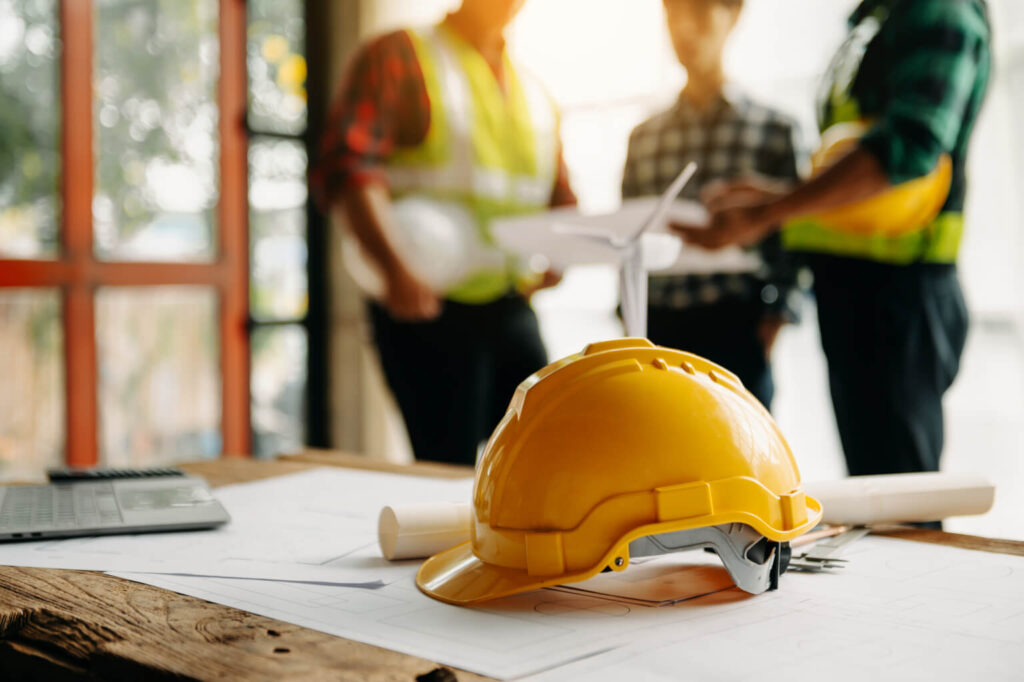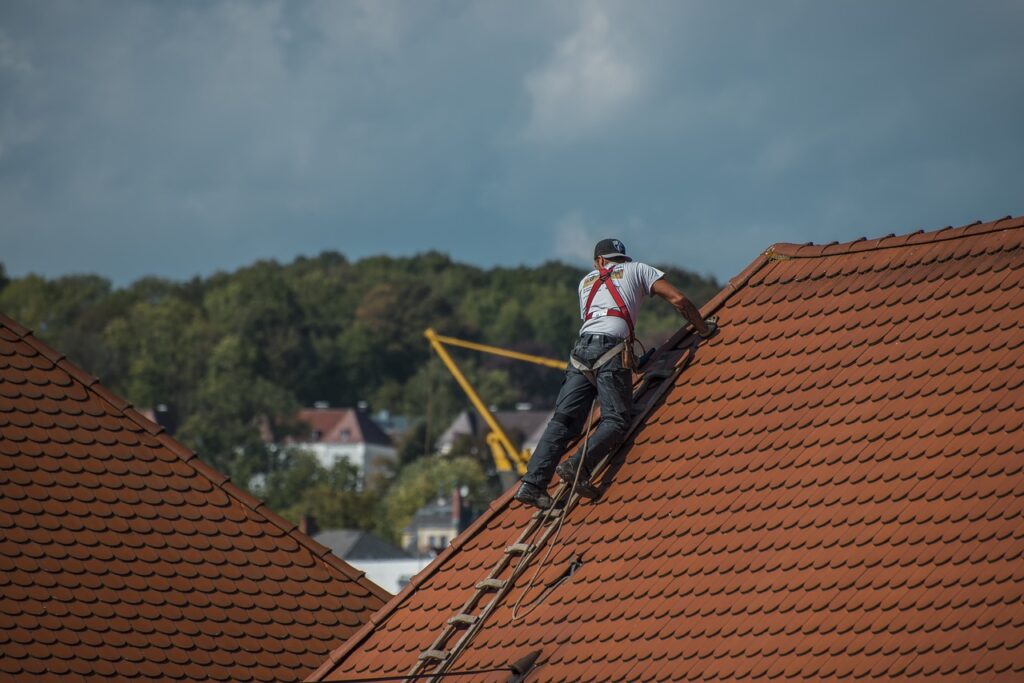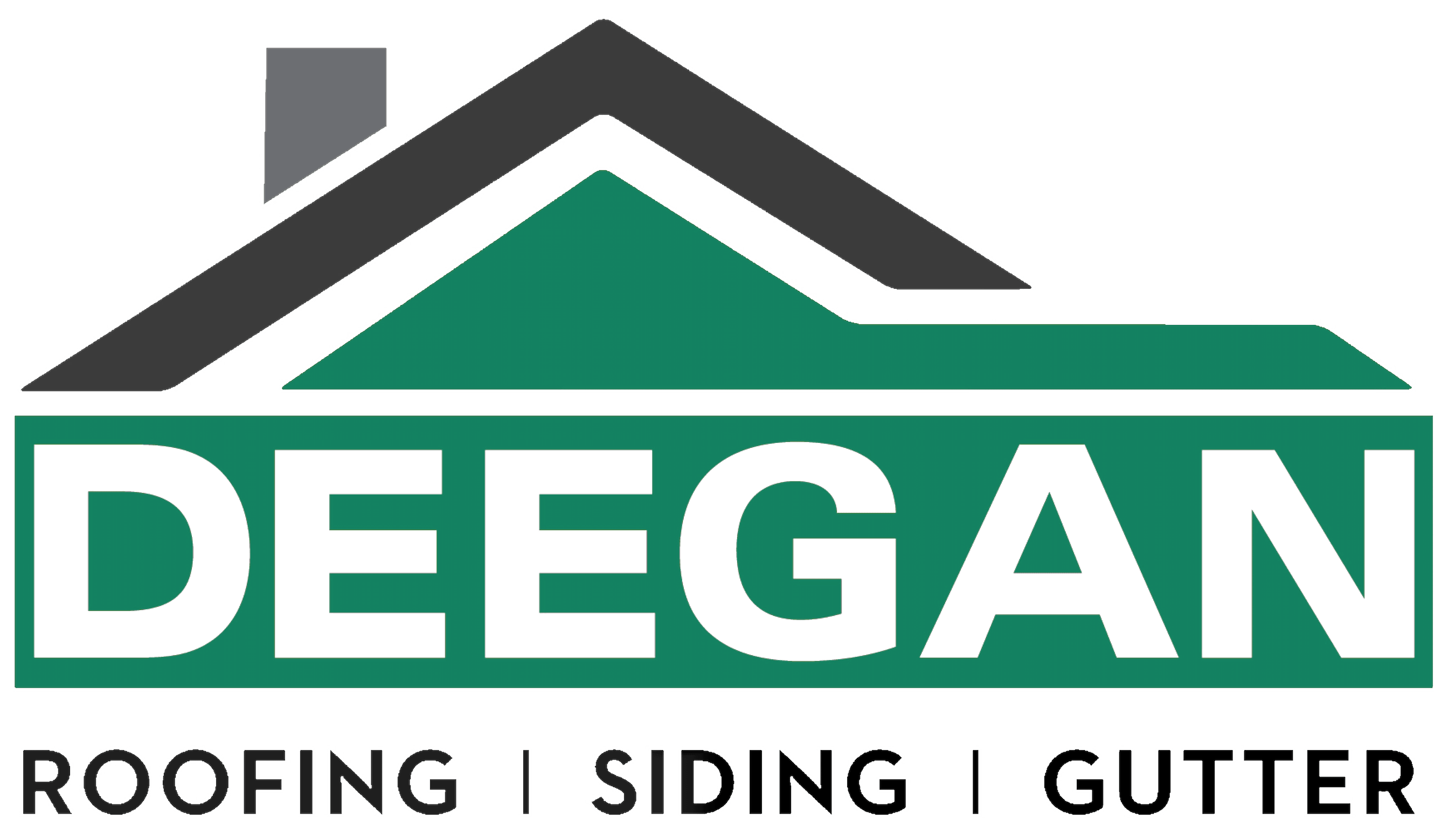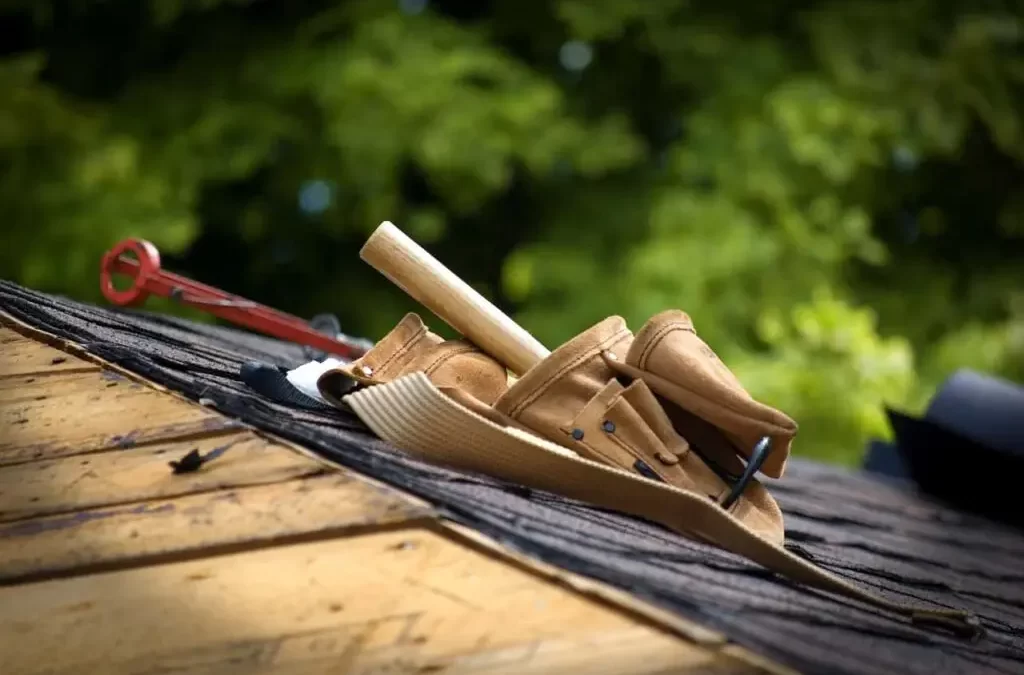In today’s housing market, the temptation to save money often leads homeowners down a dangerous path—choosing cheap, unverified labor for crucial work like roof repairs. While it might seem like a good deal upfront, the dangers of hiring an unlicensed roofer in New Jersey can far outweigh the initial savings. Roofing is a highly regulated and physically demanding trade that requires both skill and legal compliance. Without a license, a roofer lacks formal accountability and could easily leave a homeowner with substandard work, legal liabilities, and significant long-term damage.
In New Jersey, the Division of Consumer Affairs mandates that all home improvement contractors, including roofers, hold a valid license. This ensures that workers are trained, insured, and compliant with state regulations. However, some individuals bypass this requirement, working under the table and marketing themselves through word of mouth or low online bids. The result? Shoddy construction, unfulfilled warranties, incomplete jobs, and homeowners left with expensive repairs they never anticipated.
Research shows that approximately 20% of roofing complaints in New Jersey each year involve unlicensed or unregistered contractors. These cases often involve fraud, safety violations, or illegal work that doesn’t meet building codes. As roofing is your home’s first line of defense against weather and water damage, the stakes are far too high to cut corners. Homeowners need to understand not only the risks but also the legal and financial ramifications of trusting an unlicensed roofer with such a vital component of their property.
Understanding New Jersey’s Licensing Requirements for Roofers
The state of New Jersey holds strict licensing standards for all home improvement contractors, and roofing is no exception. To legally operate, a roofer must be registered with the New Jersey Division of Consumer Affairs under the Home Improvement Contractor (HIC) program. This registration process includes submitting proof of general liability insurance, disclosing business ownership, and paying applicable fees. More importantly, contractors must agree to abide by a strict code of ethics and legal standards designed to protect homeowners.
A valid license means that the contractor has been vetted by state authorities, which drastically reduces the chance of fraud or incompetence. Licensed roofers are also required to provide written contracts that outline the scope of work, start and end dates, payment schedules, and warranty terms. These legal documents serve as protection for both parties and are essential in the event of a dispute.
Unlicensed roofers, on the other hand, are not bound by these rules. They may not carry insurance, which exposes homeowners to financial liability if injuries occur during the job. They also tend to avoid written contracts, operating instead on vague verbal agreements that offer no legal recourse if something goes wrong. The absence of regulation allows these individuals to cut corners, perform substandard work, and disappear before the consequences emerge. In essence, choosing a licensed contractor is the only way to ensure that your roof is built to last and that your investment is protected by law.

The Financial Risks of Unlicensed Roofing Work
When evaluating the dangers of hiring an unlicensed roofer, one of the most pressing concerns is financial liability. At first glance, a lower quote might seem attractive, but what homeowners fail to consider is the long-term cost of poor workmanship. Roofs installed by unlicensed individuals often deteriorate faster, fail to meet code requirements, and lack the proper materials or structural support. These flaws eventually result in expensive repairs or full replacements that could have been avoided with a licensed professional.
Additionally, unlicensed contractors rarely carry liability insurance or workers’ compensation. If a worker is injured while performing work on your property, the homeowner may be held financially responsible. Medical bills, lost wages, and legal fees can amount to thousands of dollars—an enormous and unexpected burden for most families. Moreover, damage caused by unlicensed work may not be covered by your homeowner’s insurance, especially if the policy specifies licensed labor as a condition of coverage.
Homeowners are also more vulnerable to scams when dealing with unlicensed roofers. These individuals might demand large upfront payments and then disappear without completing the job. In other cases, they may begin the work but perform it so poorly that it causes more harm than good. The absence of a license means the state has little authority to enforce consumer protections, leaving homeowners with little recourse to recover lost funds or pursue legal action. Simply put, going the unlicensed route is gambling with your wallet—and often, you lose.
Safety Hazards Caused by Untrained Roofers
Roofing is among the most dangerous jobs in construction, requiring specific safety protocols, proper equipment, and extensive training. When you choose an unlicensed roofer, you’re putting not just the workers but your own property and family at serious risk. The dangers of hiring an unlicensed roofer become quickly evident when preventable accidents, faulty installations, and improper material handling occur.
Unlicensed workers often lack formal safety training and may not follow Occupational Safety and Health Administration (OSHA) regulations. This increases the likelihood of on-site accidents such as falls, equipment malfunctions, or fire hazards from improper handling of materials like torch-down roofing or electrical components. If an injury occurs on your property, and the contractor has no insurance or workers’ compensation, you could be legally and financially responsible.
Improper roofing techniques can also compromise your home’s structural integrity. For example, incorrect shingle placement or nailing methods may lead to water intrusion, mold growth, and insulation damage. Inadequate flashing around chimneys or vents might cause leaks that spread undetected, damaging drywall, flooring, and electrical systems. These safety risks are amplified in New Jersey’s harsh seasonal climate, where poor roofing decisions can have devastating effects in winter snow or summer storms.
Ultimately, the lack of training and oversight inherent in unlicensed roofing work creates a hazardous environment that can endanger everyone involved—from workers to residents. Hiring licensed professionals is the only way to ensure adherence to safety protocols and minimize liability for preventable accidents or damage.
The Legal Consequences for Homeowners
Many homeowners overlook the legal consequences of hiring an unlicensed roofer. In New Jersey, contractors must hold a valid license to work legally. Homeowners who ignore this rule and knowingly hire unlicensed roofers may also face penalties. If the job doesn’t meet building codes or results in damage, courts can hold the homeowner partially responsible for enabling the violation.
Most cities and towns in New Jersey require roofing work to pass inspection. When an unlicensed contractor does substandard work, it often fails these inspections. The homeowner then has to hire someone else to fix the problem—at their own expense. This creates unnecessary stress, lost time, and wasted money. In some cases, if someone gets hurt or if structural damage affects others—such as renters or neighbors—homeowners may even face lawsuits.
It’s also incredibly difficult to hold unlicensed roofers accountable in court. Most don’t operate under registered business names or carry insurance. If they perform poor work or disappear with your money, there’s rarely a paper trail to track them down. You’re left with no contract, no recourse, and a home that’s more vulnerable than before. New Jersey law exists to protect homeowners from these risks. Violating it by hiring someone unlicensed isn’t just unsafe—it exposes you to real legal and financial harm.
How Insurance Companies Respond to Unlicensed Work
Insurance companies often deny claims related to work by unlicensed roofers. Homeowner policies typically require licensed contractors for coverage eligibility. If a leak or structural issue results from unlicensed roofing, your insurer can reject the claim. Even if you have full coverage, the policy may contain clauses that make those repairs your responsibility.
Before paying out on a claim, insurance providers investigate the cause of the damage. If they determine that the problem stems from work done by an unqualified roofer, they may label the incident as homeowner negligence. This shifts the financial burden entirely to you. In more serious cases, using unlicensed labor can cause your insurer to cancel the policy altogether. Some providers also mark properties as high risk after repeated violations, making future coverage more expensive or even impossible to obtain.
Choosing licensed roofers is essential not just for safety, but for insurance protection. Licensed professionals follow building codes, understand structural requirements, and maintain the proper documentation. Their work stands up to scrutiny. This matters a great deal when filing a claim. Protecting your insurance coverage starts with choosing contractors who are qualified and legally compliant.
Lack of Warranties and Contract Protections
Warranties provide peace of mind in roofing projects. Licensed roofers offer written warranties that cover both labor and materials. If a problem arises, these professionals return to fix it at no extra charge. Unlicensed contractors often skip warranties entirely. If they do promise coverage, it’s usually verbal—and meaningless in legal terms.
When something goes wrong with a roof installed by an unlicensed worker, you’re stuck paying for repairs. There’s no legal agreement to back you up, no documentation to hold the contractor accountable. The money you thought you saved disappears in costly fixes. Licensed roofers give you more than a roof—they give you a commitment backed by law.
The contract also matters. A licensed contractor gives you a detailed agreement with job scope, materials used, timelines, payment terms, and dispute resolution steps. Unlicensed roofers rarely provide this. Without a contract, there’s no clarity or protection if expectations aren’t met. You have no proof of what was promised or what you paid for. Skipping this safeguard leaves you vulnerable. The risk is far greater than any upfront savings.
Recognizing the Red Flags of Unlicensed Roofers
To avoid hiring an unlicensed roofer, watch for signs that raise suspicion. If a roofer won’t show a license or proof of insurance, that’s a strong indicator they’re not certified. Professional contractors always carry credentials and show them proudly when asked.
Another warning sign is a lack of online presence. No website, no reviews, and no business profile suggest an unverified operation. Be wary of roofers using only a personal phone number with no business address. If they ask for large cash payments up front or insist on avoiding paperwork, it’s time to walk away.
Unlicensed contractors may offer very low bids to undercut the competition. If a price sounds too good to be true, it probably is. Always ask for references and check online review platforms. Search the contractor’s name in the New Jersey Division of Consumer Affairs database. If nothing shows up, you’re likely dealing with an unlicensed worker. Identifying these red flags early protects you from risk.
Real-Life Consequences: Case Studies from New Jersey
Many New Jersey homeowners have faced real consequences after hiring unlicensed roofers. One family in Union County hired a cheap roofer recommended by a friend. Six months after the job, leaks appeared throughout the attic and upper floors. Water damaged their insulation, drywall, and furniture. When they tried to contact the roofer, he was unreachable. They later learned he had no license, no insurance, and no business registration. Their home insurance wouldn’t cover the repairs.
In Bergen County, another homeowner let an unlicensed roofer fix storm damage. During the job, the worker fell and suffered serious injuries. Since he wasn’t insured, the homeowner was held liable and faced a costly lawsuit. These stories aren’t rare—they’re warnings. Municipal records show dozens of similar incidents where homeowners were left to fix mistakes, absorb costs, or defend themselves in court. These are the real-life outcomes of ignoring licensing.

Why Hiring a Licensed Roofer Is Worth It
Hiring a licensed roofer ensures you receive skilled labor and legal protection. Licensed roofers use approved materials, follow building codes, and understand the structural needs of each home. Their training and experience reduce the risk of mistakes. These professionals back their work with contracts and warranties, and they remain accountable for long-term results.
In contrast, unlicensed roofers often disappear after the job. If something breaks or fails, you’re on your own. By working with a licensed professional, you gain peace of mind knowing someone is responsible. You also avoid legal and financial risks. Most importantly, your roof lasts longer and performs better. Choosing a licensed contractor isn’t just a good idea—it’s the only smart choice for protecting your home and family.
Trust Deegan Roofing & Siding—New Jersey’s Licensed Roofing Experts
At Deegan Roofing & Siding, we take pride in doing things the right way. As a fully licensed and insured company, we follow all state regulations and safety protocols. We’ve served New Jersey homeowners for over 30 years and built a reputation for honesty, quality, and professionalism.
We offer free inspections, detailed estimates, and full documentation on every job. Our warranties protect your investment, and our team is always available for follow-up support. Whether you need emergency repairs or a full roof replacement, Deegan Roofing & Siding delivers dependable results you can trust.
Avoid the risks of unlicensed contractors. Call us today and work with a team that values your home as much as you do.
Contact Deegan Roofing for Expert Roof Repairs
Deegan Roofing proudly serves Northern and Central New Jersey with expert roof repair and maintenance and new roof installation services. If you suspect damage or want to ensure your roof is ready for the season, contact us today. We’ll provide a detailed inspection and recommend the right solutions and we also provide services related to carpentry and farming for you.
📞 Phone: (908) 322-6405
✉️ Email: info@deeganroofing.com
📍 Address: 61 Terrill Rd, Scotch Plains, NJ 07076
🌐 Website: www.deeganroofing.com
🛠️ Serving: New Jersey and surrounding areas
Related Posts:
- Why it’s Important to Repair Your Roof Before Winter: What to Know
- How to Identify Roof Damage Before It Becomes a Major Problem
- 5 Signs You Need Roof Repairs ASAP
Podcast: Play in new window | Download

